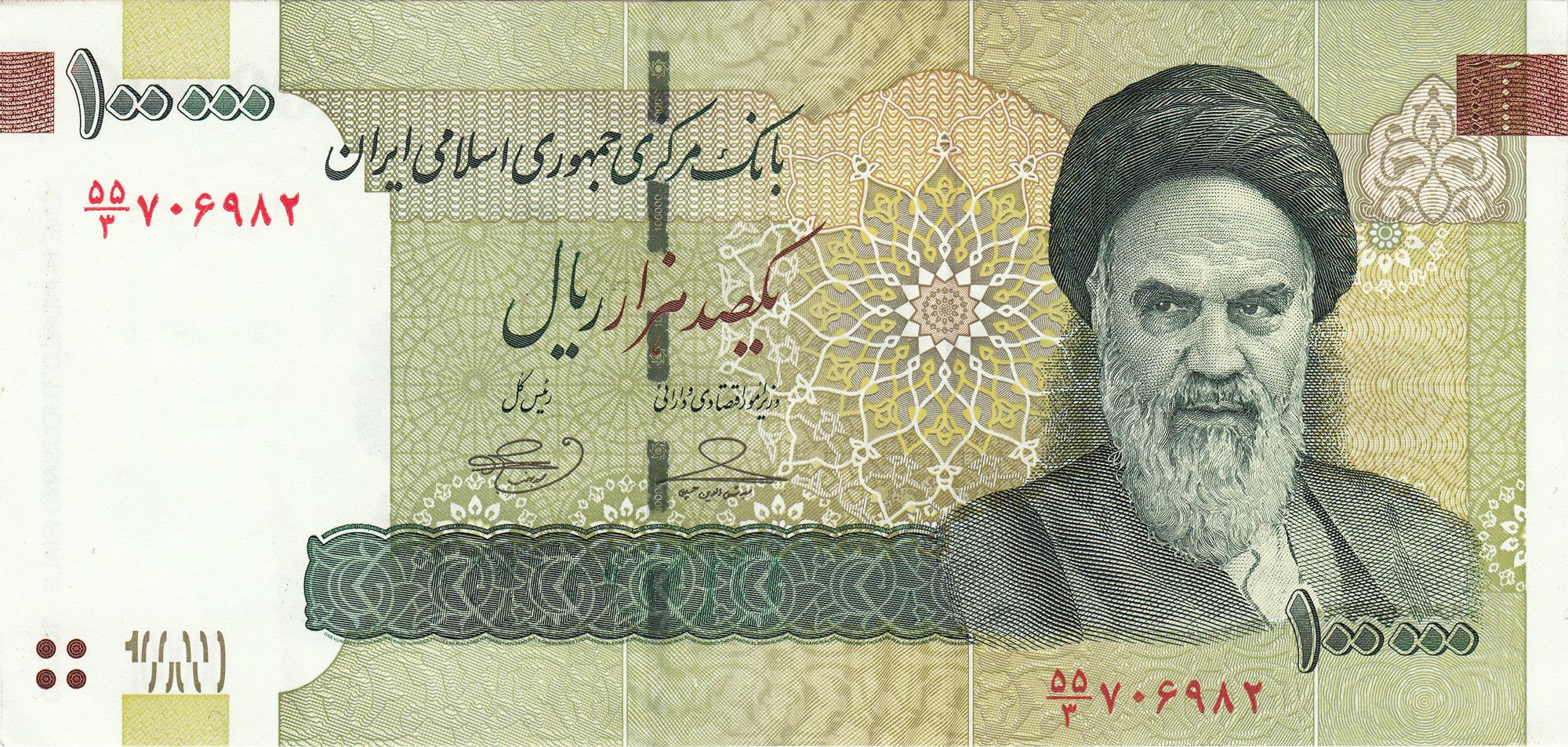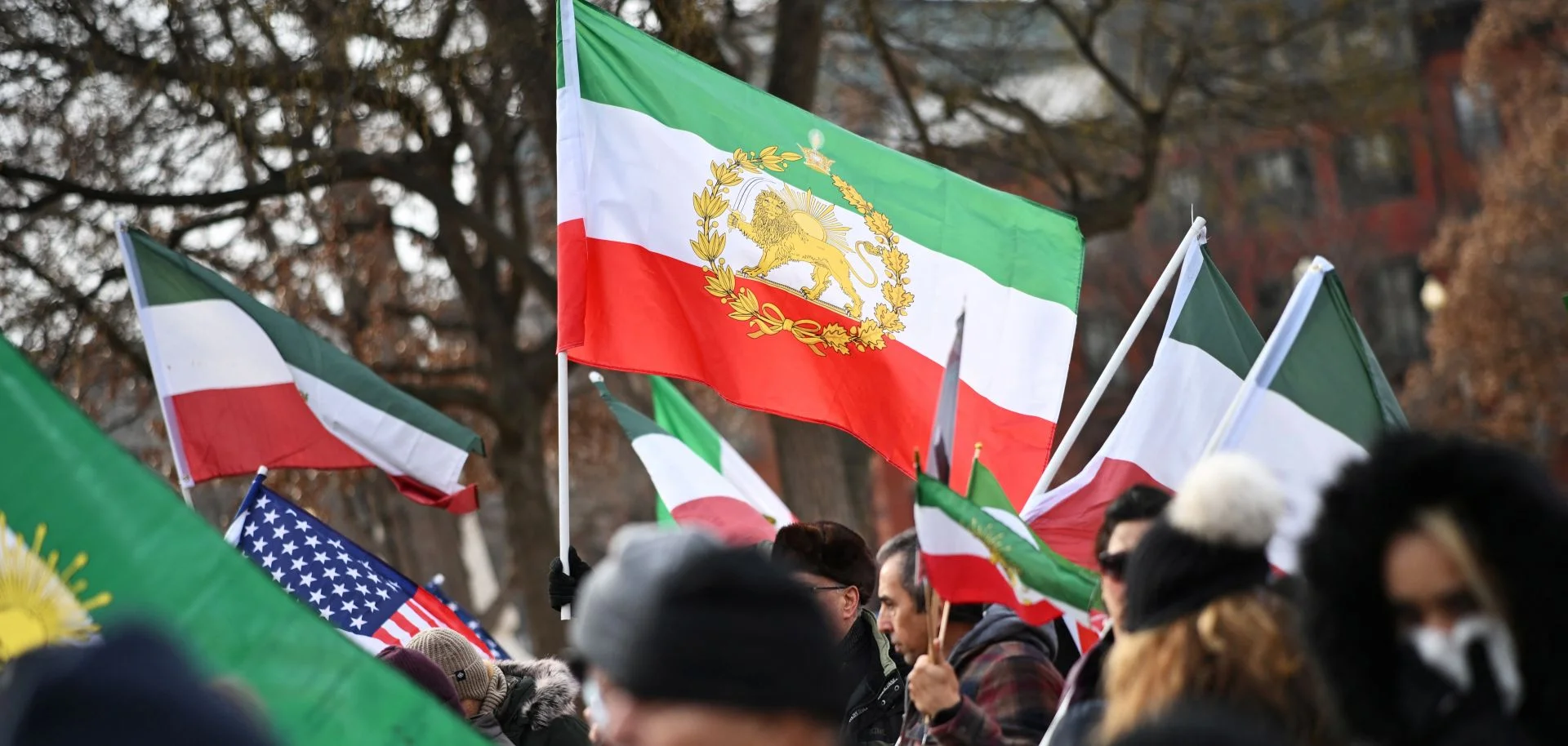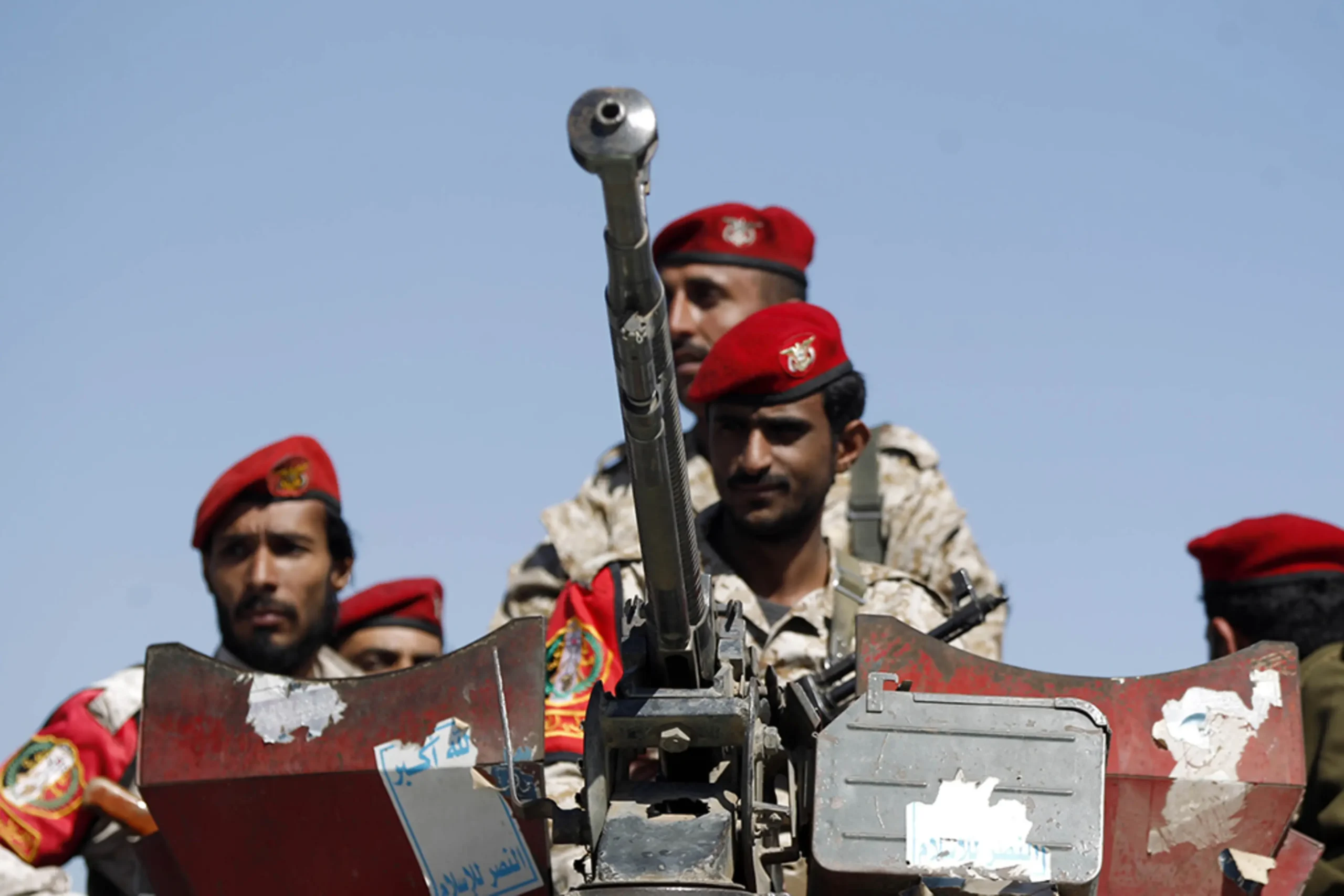
How Sanctions, Militarized Economics, and Institutional Decay Broke Iran’s Currency
Iran’s 2026 currency crash was not a sudden shock but the result of sanctions, IRGC-dominated economics, and institutional decay undermining trust in the rial.

Iran’s 2026 currency crash was not a sudden shock but the result of sanctions, IRGC-dominated economics, and institutional decay undermining trust in the rial.

Social media platforms are not neutral arenas of free expression. Powered by opaque algorithms and AI-driven amplification, they increasingly shape political narratives and public perception, prompting non-Western states to frame platform regulation not as censorship, but as a question of digital and cognitive sovereignty.

As the liberal international order fragments, Pakistan has executed a decisive shift from defense dependency to indigenous production. Through exports, combat validation, and joint industrialization, Islamabad is redefining sovereignty as an industrial and diplomatic asset.

Iran’s 2025–26 unrest reflects simultaneous pressure on economic stability, political legitimacy, and state coercive capacity, marking a critical juncture for the Islamic Republic.

The Dutch Disease has evolved. In today’s Global South, it is no longer driven only by oil and gas but by aid, remittances, and strategic rents that create fragile, consumption-led economies while eroding state capacity, productivity, and social trust.

India’s shift toward Hindutva governance has transformed identity into policy. As citizenship, culture, and power merge, over 28 crore minorities are pushed to the margins—fracturing institutions, normalising exclusion, and leaving long-term scars on the republic’s social fabric.

On January 3, 2026, the capture of Nicolás Maduro by US Special Forces brought a thunderous end to twenty-five years of Bolivarian rule. As Washington moves to oversee the reconstruction of Venezuela’s energy infrastructure, the world is left to grapple with the return of naked unilateralism and the uncertain future of a nation sitting atop 300 billion barrels of oil.

For nearly three decades, the Taliban have pursued a singular vision of faith enforced through violence and law. From massacres and forced identification under the first Emirate, to insurgent-era sectarian terror, and now a legal architecture of exclusion, their rule has steadily erased Afghanistan’s religious pluralism, pushing minorities toward extinction.

The Indus Waters Treaty is facing its gravest test as India’s unilateral actions on the Chenab transform water from a shared resource into a tool of coercion. In a climate-stressed region, disrupted river flows and suspended data sharing threaten Pakistan’s agrarian economy, food security, and regional stability.

As 2025 ends, Yemen’s anti-Houthi coalition collapses. The Saudi-UAE split leaves rival militias and foreign powers vying for control, deepening the humanitarian crisis.